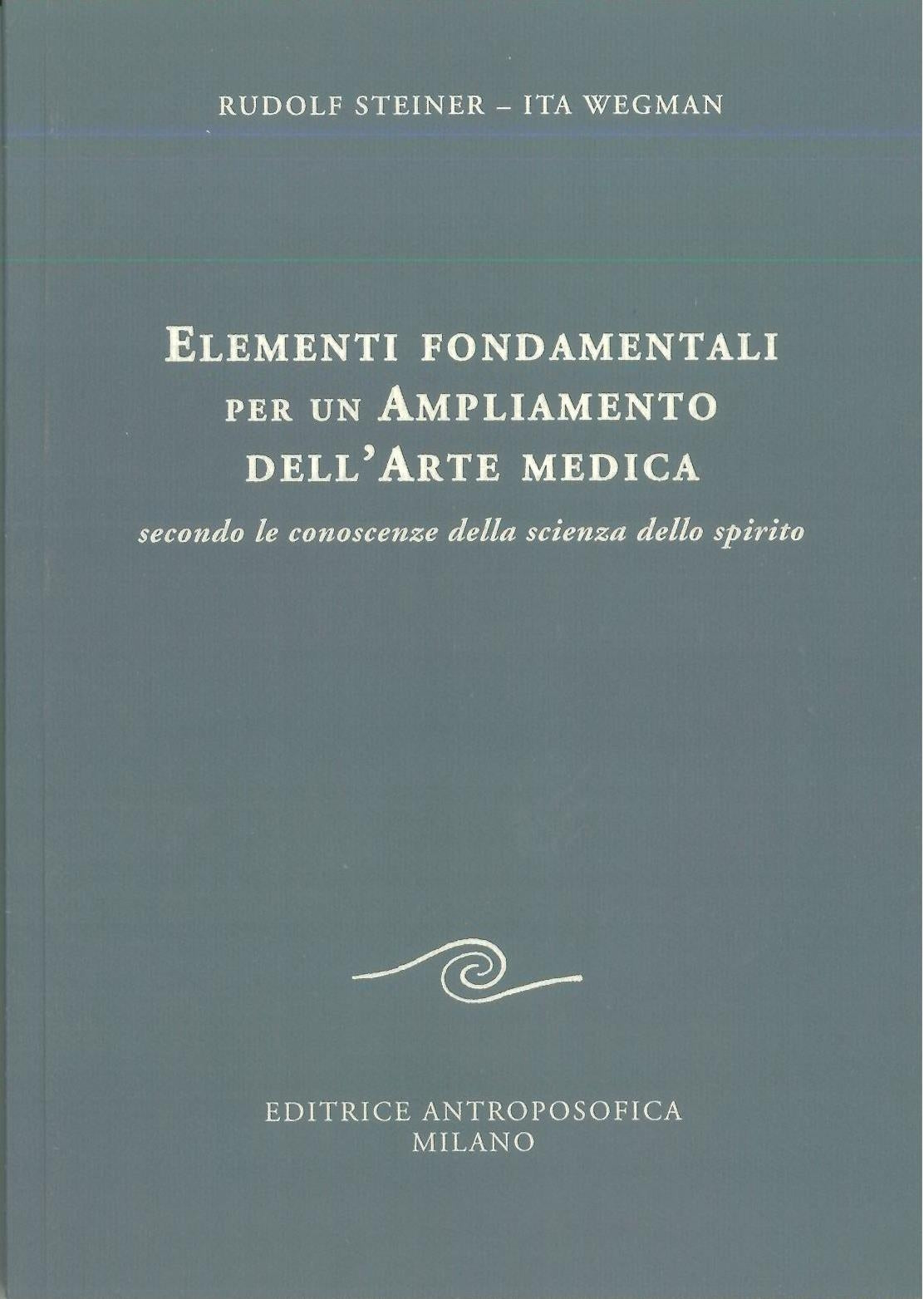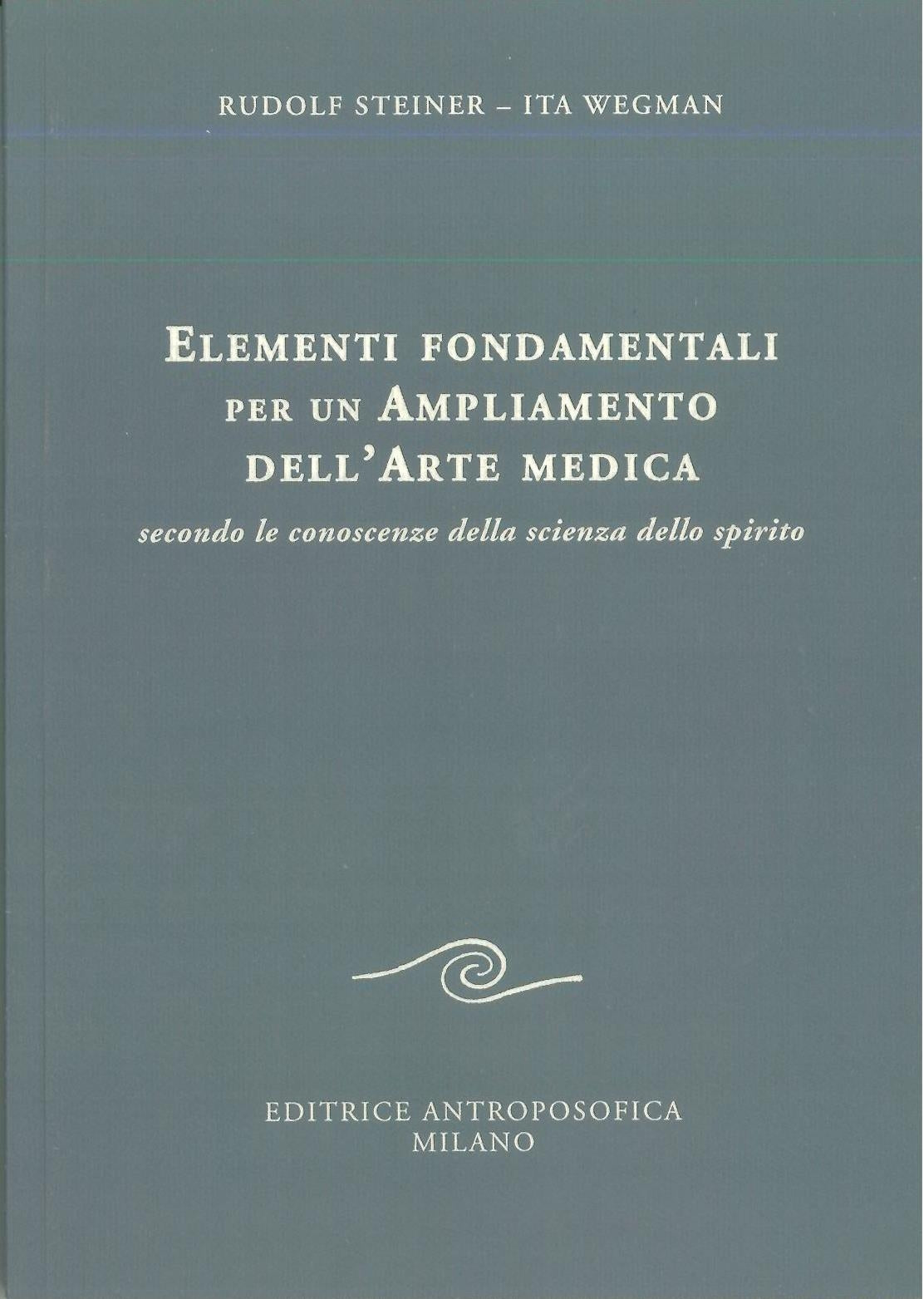27- Fundamental elements for an expansion of the medical art - Rudolf Steiner
Have a question?

27- Fundamental elements for an expansion of the medical art - Rudolf Steiner
Dettagli
It is the fundamental book of anthroposophic medicine , written in collaboration between Rudolf Steiner and Dr. Ita Wegman.
From the preface by Aldo Bargero to the first Italian edition of 1968. "In the spring of 1920, at the request of a group of doctors, Rudolf Steiner held a first cycle of twenty conferences for doctors entitled 'Spiritual Science and Medicine'. They followed then in the following years other cycles. In the last months before his death, he wrote this book in collaboration with Ita Wegmann which was to constitute the beginning of a broader treatment. This writing, together with the cycles of conferences and the many practical indications that Rudolf Steiner gave to individual doctors, constitutes the foundation of a new scientific-spiritual medicine."
AUTHORS

Rudolf Steiner was an Austrian philosopher, architect and reformist. He was the founder of anthroposophy, an esoteric current that mixes various dictates of the theosophical and German philosophical-idealist schools of the time. From the early years of his cultural education, Steiner aspired to find the perfect synthesis between mysticism and science.
This continuous research led him, after obtaining his doctorate, to move from Vienna to Weimar to work at the Goethe und Schiller Archiv, the Goethe archive. This work allowed him to publish the essay "Introduction to Goethe's Scientific Writings" and to develop his personal vision of the world.
In 1894, he published his most important essay, "The Philosophy of Freedom", which proposed a revolutionary concept for the time: the discovery that thought can lead to the realization of the spirit of the world.
The tome did not achieve much success but Steiner had created a solid foundation for the knowledge of the spirit, and he felt able to carry out his research in this field without any hesitation. Furthermore, the work on "The Philosophy of Freedom" allowed him to solve a series of enigmas about existence that had persecuted him for some time.
The insights contained in "The Philosophy of Freedom" are the basis of Steiner's legacy and have contributed essentially to the development of modern sciences. In particular of Medicine. In fact, Steiner was responsible for the Waldorf school movement, which created an educational approach based on understanding and love.
Today, Waldorf schools are all over the world.


